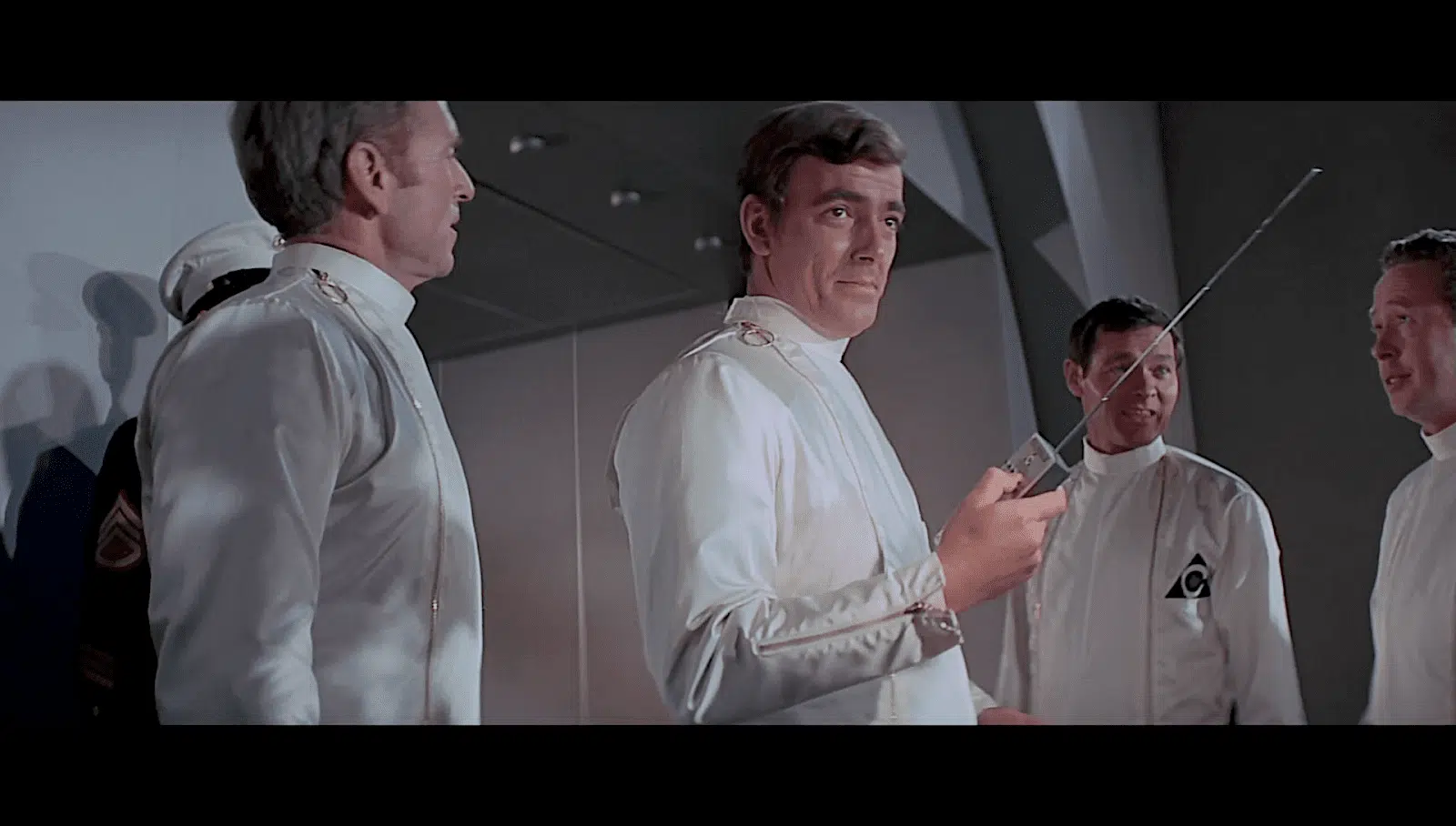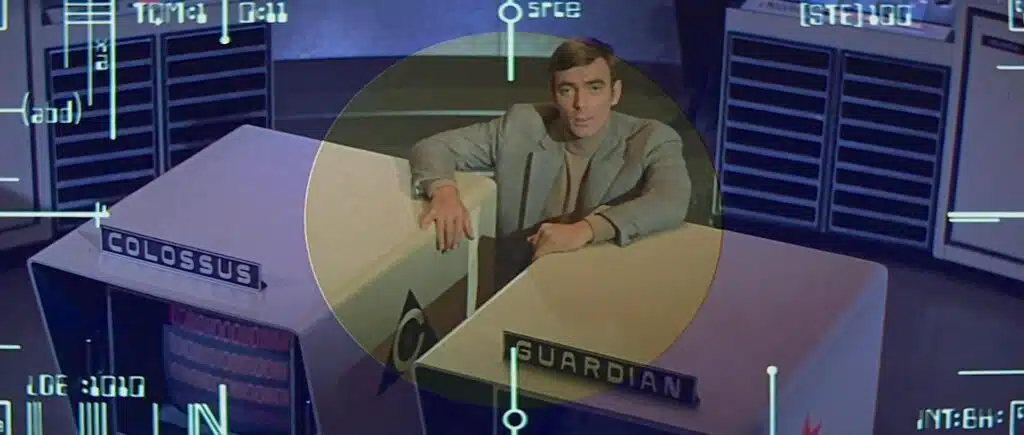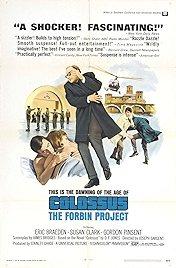Often overlooked when it comes to discussion about dystopian sci-fi of the 1970s, Colossus: The Forbin Project looks a lot more chillingly prescient now than it did back when it was released in 1970, when it was seen as a sub-Strangelove addition to the genre of jokey sci-fi.
It’s the story of the computer that takes over the world, enslaving all of humanity with it. And it starts with Dr Forbin, a boffin who has come up with the design for Colossus, a supercomputer that will assume control of the defence of the United States, and with it “the free world”.
What Forbin, his team and the acutely involved US President don’t realise is that the Soviets have been working on a similar machine. Theirs is called Guardian and within minutes of Colossus going live, Guardian has got in touch with it and together they have started conspiratorially communicating, sharing equations and algorithms and becoming, jointly, the most powerful thing on the planet.
The plan has backfired. The computers seem sentient. They have consciousness. And they are soon holding the world to ransom. And since they have access to all the nukes on the planet, this is not hard to do. Forbin is stuck in his facility and if he tries to leave it, away from Colossus’s all-seeing cameras, Colossus will get angry.
It’s a simple movie in many respects, shot by a TV director, Joseph Sargent, who had the odd big hit on the big screen, like The Taking of Pelham One Two Three and the odd disaster, like Jaws: The Revenge. Here he’s shooting it all much as he might have shot an episode of The Man from U.N.C.L.E., which he did plenty of in the 1960s, though the vibe of scientists in lab coats standing around looking at clipboards is more The Time Tunnel than anything else.
The star, in keeping with the faintly Strangeloveian angle, is Eric Braeden, a German actor whose real name was Hans Gudegast, but was renamed specifically for this movie. Braeden/Gudegast brings a likeability, a smoothness, a faint accent and a certain Charlton Heston (who had been mooted for the role) physicality to the role of the godfather of this armageddon machine who twigs early on that his “project” has got away from him and then spends the rest of the time trying to outwit Colossus and its new partner, Guardian.
This involves, in some of the film’s more engaging scenes, Forbin’s attempted tricking of Colossus by insisting on conspiratorial “private” time with the woman he’s pretending to be having an affair with, Dr Cleo Markham (Susan Clark). This turns out to be a variation on the scenario where two single, unattached people are forced to share a double bed in a hotel with only one room available, and are pretending all the way to lift-off that that’s the last thing they want to do.
It’s a fascinating time-capsule movie, full of mid-century modern furniture, a boffin who smokes a pipe, a black dude in a tweed jacket and women who wear spectacles to prevent them looking too sexy. Gordon Pinsent also makes a half-decent JFK-style president – humane, intelligent, democratic.
Another fascinating aspect is the computers themselves, all of them adorned with the logos of the Control Data Corporation, who supplied them. One of the big forces in computing at the time, its name uttered alongside the likes of IBM, CDC long ago disappeared as a force in the computing world.
Imagine trying to disconnect personally from the internet, and then imagine trying to disconnect the world from the internet. That’s the scenario that Colossus: The Forbin Project has nailed entirely, thanks in part to the prescience of DF Jones’s original novel, Colossus, and thanks also to Sargent’s sober direction, with cool, almost monochrome looks, which leads us logically through the scenarios until, by the time the final credits roll, we have arrived at the inevitable conclusion.
It is pretty stark.
Colossus: The Forbin Project – Watch it/buy it at Amazon
I am an Amazon affiliate
© Steve Morrissey 2023


